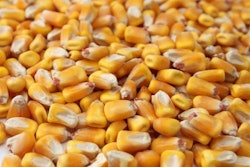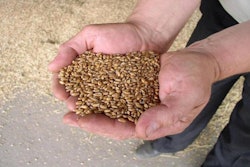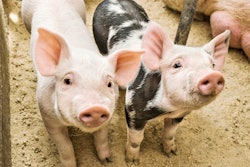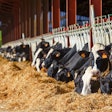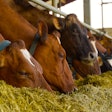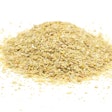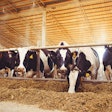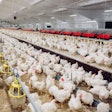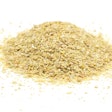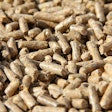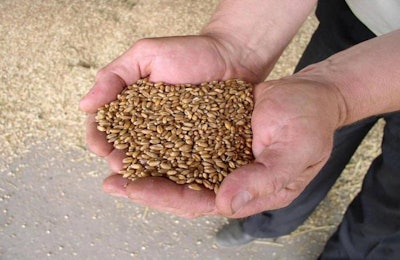
Wheat requires special consideration at multiple levels when it replaces corn in broiler formulas.
Corn is expensive and it is becoming scarce. This trend will continue in the foreseeable future.
On the other hand, wheat has higher availability in various regions. Many nutritionists already consider a complete or at least partial switch to wheat. Those accustomed to using wheat already know how to make the switch, but this is not the case for those that use corn almost exclusively. Wheat is not just another cereal, with 95% the energy of corn and slightly higher protein levels. Beyond these obvious facts, there are many other points that need to be considered, or at least acknowledged before making the transition to a wheat-based diet.
The list below is meant to highlight some wheat nuances that must be addressed by a nutritionist, after examining the wheat in question.
- Wheat increases gut viscosity in broilers beyond acceptable levels.
- Protein in wheat is extremely variable even from batch to batch.
- Wheat gluten protein is pasty and this might cause feed intake problems.
- Wheat has virtually no bioavailable biotin.
- Necrotic enteritis is believed to be induced by wheat-based diets.
- Wheat makes harder pellets.
- Mycotoxins in wheat can be different when compared with corn.
- Wheat contains more available phosphorus than corn.
- Many nutritionists avoid using freshly harvested wheat.
- Unless wheat is high in non-starch polysaccharides, an enzyme will not release much energy.
Wheat is an excellent cereal that can replace corn without sacrificing performance or efficiency. But it takes some extra consideration at formulation, manufacturing and handling of wheat-based diets to make the transition smooth and problem free.

